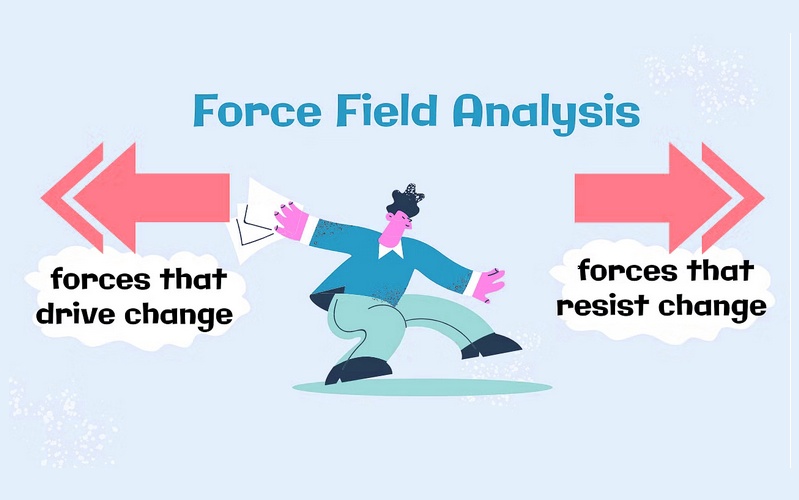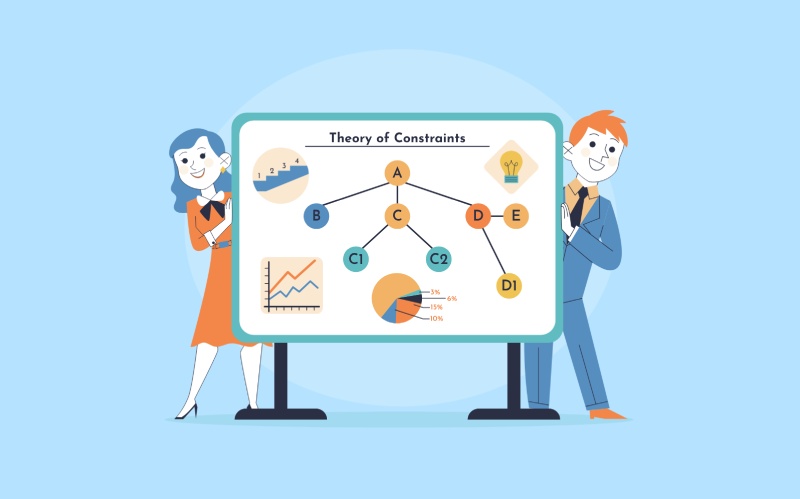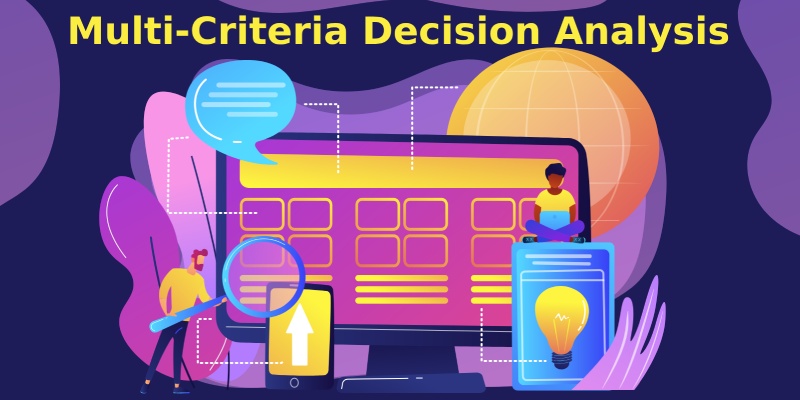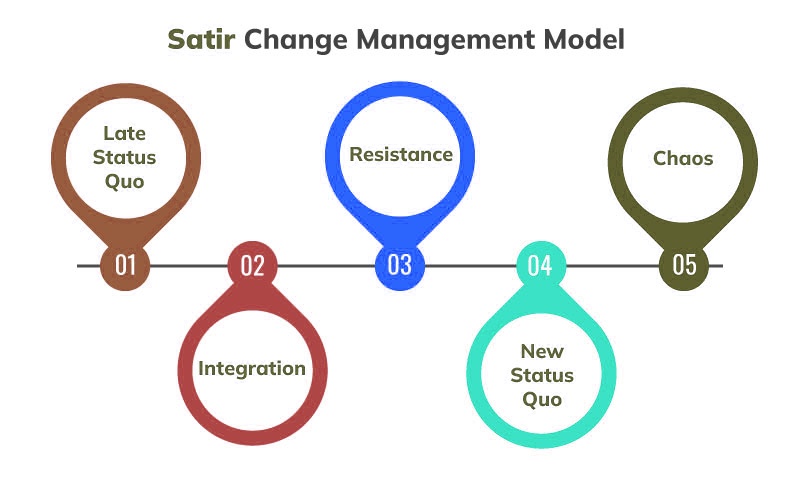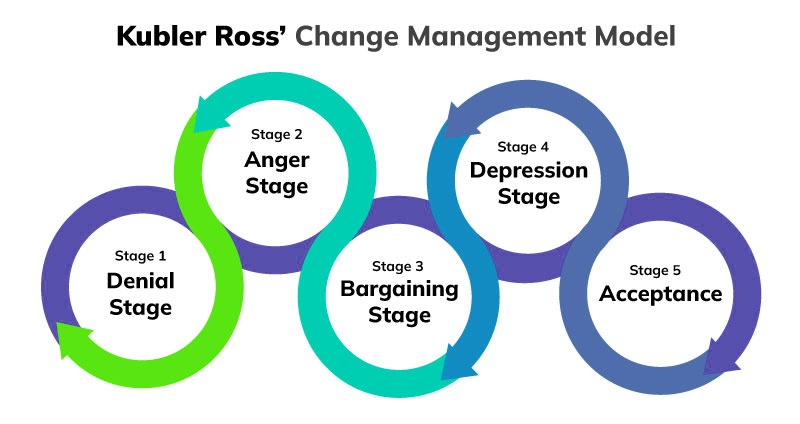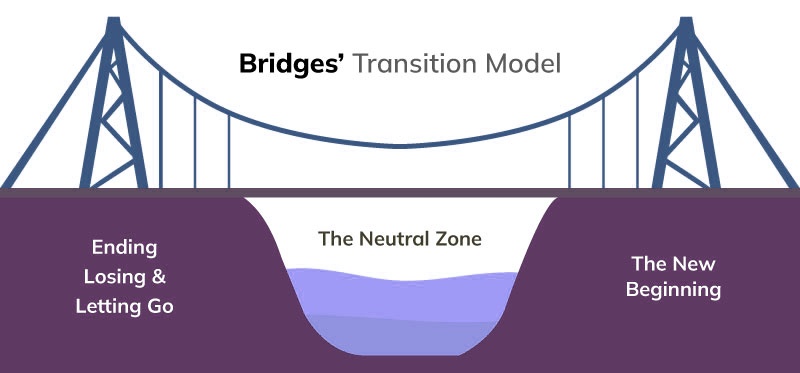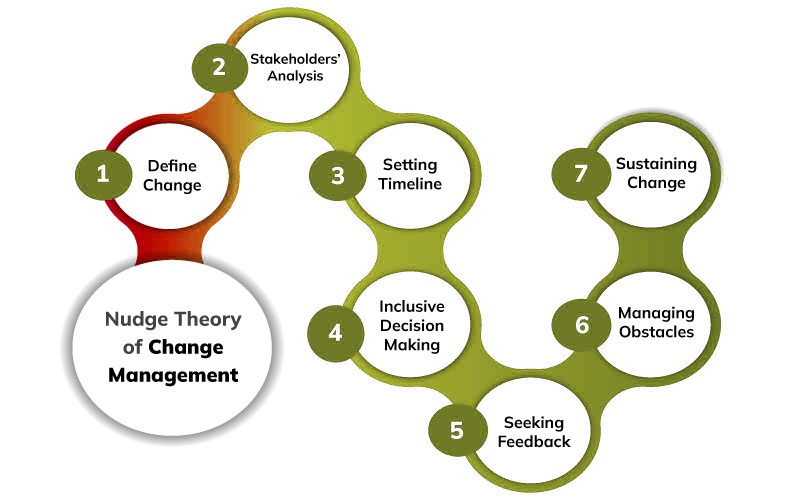Overview
Decision-making is a complex interplay of rationality, emotions, and cognitive biases. Traditional economic theories often assume that individuals make decisions based on rational analysis of risks and rewards. However, Prospect Theory challenges this notion, offering a deeper understanding of how people evaluate and choose between different options, particularly in uncertain situations. In this blog, we'll delve into the core principles of Prospect Theory, its applications, and its significance in shaping our understanding of human behavior.
Table of Contents
Unveiling Prospect Theory
Developed by psychologists Daniel Kahneman and Amos Tversky in 1979, Prospect Theory revolutionized the field of decision-making by introducing a psychological perspective to economic analysis. Unlike traditional utility theory, which assumes that individuals make decisions based on expected utility, Prospect Theory incorporates insights from psychology to explain how people perceive and evaluate risks and rewards.
Core Principles of Prospect Theory
Value Function: Prospect Theory posits that individuals evaluate outcomes relative to a reference point, rather than in absolute terms. The value function depicts how people perceive gains and losses asymmetrically—losses loom larger than equivalent gains. This asymmetry results in diminishing sensitivity to changes in outcomes as they move away from the reference point.
Loss Aversion: One of the key insights of Prospect Theory is the concept of loss aversion, which suggests that individuals are more sensitive to losses than to equivalent gains. Loss aversion leads to risk-averse behavior in the domain of gains, as people seek to avoid potential losses, even at the expense of forgoing potential gains.
Risk Preferences: Prospect Theory distinguishes between decision-making under certainty and decision-making under uncertainty. Individuals exhibit risk-averse behavior in the domain of gains, preferring certain outcomes over uncertain ones. However, in the domain of losses, individuals tend to become risk-seeking, opting for uncertain outcomes in the hope of avoiding losses.
Reference Dependence: Prospect Theory emphasizes the importance of reference points in shaping individuals' perceptions and preferences. Reference points can be influenced by factors such as expectations, past experiences, social comparisons, and framing effects. Changes in reference points can alter individuals' risk attitudes and decision-making behavior.
Applications of Prospect Theory
Financial Decision-Making: Prospect Theory has significant implications for financial decision-making, as it explains phenomena such as loss aversion, risk preferences, and framing effects observed in investment behavior. Investors often exhibit risk-averse behavior when faced with potential gains and may engage in risk-seeking behavior to avoid losses.
Marketing and Consumer Behavior: Marketers leverage insights from Prospect Theory to influence consumer behavior and decision-making. By framing product choices in terms of gains or losses, marketers can shape consumers' perceptions and preferences, leading to more effective marketing strategies and persuasive messaging.
Public Policy and Health Economics: Prospect Theory informs public policy interventions aimed at promoting desirable behaviors and mitigating harmful ones. By understanding how individuals perceive risks and rewards, policymakers can design policies and interventions that appeal to people's preferences and motivations.
Negotiation and Conflict Resolution: In negotiation settings, Prospect Theory helps explain how parties perceive and evaluate potential outcomes. By framing negotiation proposals in terms of gains or losses relative to reference points, negotiators can influence the perceived value of concessions and facilitate agreement.
Significance of Prospect Theory
Prospect Theory offers several insights and advantages
Psychological Realism: By incorporating insights from psychology, Prospect Theory provides a more nuanced and realistic understanding of decision-making behavior than traditional economic models.
Predictive Power: Prospect Theory's descriptive accuracy allows for better predictions of decision-making behavior in various domains, including finance, marketing, public policy, and negotiation.
Policy Implications: Prospect Theory informs the design of policies and interventions aimed at influencing behavior and improving decision outcomes in domains such as finance, health, and environmental sustainability.
Decision Support: Prospect Theory provides a valuable framework for decision support systems and interventions designed to help individuals and organizations make better decisions by accounting for cognitive biases and heuristics.
Conclusion
In conclusion, Prospect Theory has profoundly shaped our understanding of human decision-making, offering valuable insights into how people perceive, evaluate, and choose between different options. By recognizing the psychological factors that influence decision-making, we can develop more effective strategies for financial planning, marketing, public policy, negotiation, and beyond. Embracing the principles of Prospect Theory enables us to navigate the complexities of decision-making with greater insight and understanding, ultimately leading to more informed and rational choices.





